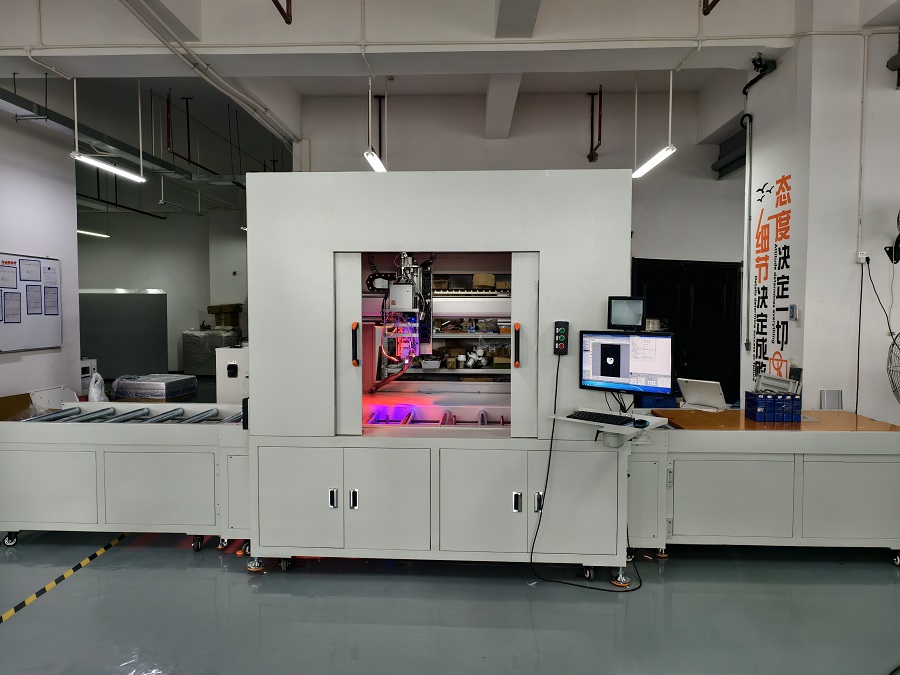Laser Automation Systems: Reliable Solutions for High-Precision Welding Tasks
Manufacturers across industries are turning to laser automation equipment to meet growing demands for consistent quality and tighter tolerances. Whether in medical device assembly, electric vehicle components, or precision sensors, achieving reliable high-precision welding is now more achievable with integrated laser automation.

Consistent Accuracy Through Motion Control
Modern laser automation systems combine high-resolution linear guides, servo motors, and real-time controllers to deliver repeatable positioning accuracy within ±0.01 mm. This level of control ensures that each weld is placed exactly where it’s needed, even on complex or miniaturized parts.
Integration with Process Monitoring
Beyond motion precision, advanced systems include seam tracking, vision alignment, and in-process monitoring. These features detect part variations or misalignments before welding begins and make automatic adjustments. This reduces scrap and rework, especially when handling components with small assembly tolerances.
Stable Beam Delivery and Parameter Management
Fiber laser sources used in these systems offer stable output over long production runs. Parameters such as power, pulse shape, and focus position are digitally stored and recalled, minimizing human error and ensuring batch-to-batch consistency.
Flexibility for Different Applications
A well-designed laser automation system can be adapted for various joint types—spot, seam, or hermetic sealing—on materials like stainless steel, aluminum, copper, and dissimilar metals. This makes it a practical choice for facilities producing multiple product lines.
Support for Long-Term Operation
Automated cells reduce operator dependency and support unattended operation. With proper maintenance and calibration, these systems maintain performance over time, contributing to lower cost per weld and higher throughput.
For buyers, the key is selecting a laser automation system that matches material type, production volume, and quality requirements. Look for modular designs, clear software interfaces, and suppliers with technical support experience in your industry.
In summary, laser automation equipment provides a practical and scalable way to achieve high-precision welding, improving product quality and manufacturing efficiency.
Recent Posts
- What are the advantages of laser welding machines in lithium battery pack production lines?
- What issues should be noted when choosing a lithium battery pack production line?
- Quality Inspection and Control of Lithium Battery Module Pack Production Line
- Cell grouping and sorting process in lithium battery module pack production line
- What are the safety hazards of lithium battery pack production lines and how can they be prevented?
INQUIRY

